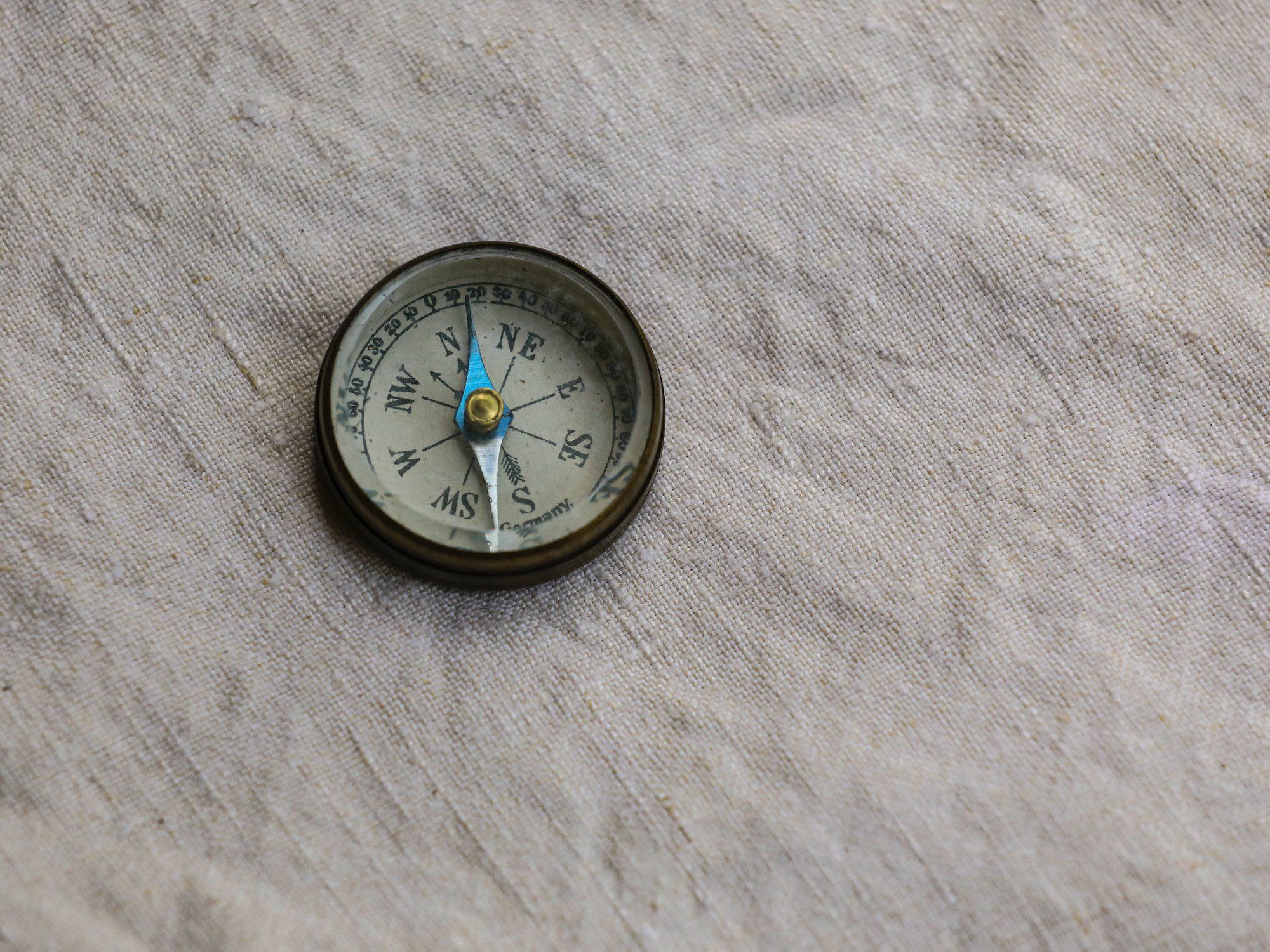Navigating Problem Collections
This information is provided for educational purposes only. Reader retains full responsibility for the use of the information contained herein.
The sample collection procedure for a drug test is typically a fairly simple process. Although a collector may experience obstacles, such as a donor’s inability to provide sample volume or attempts by the donor to influence the outcome, their training affords them the ability to navigate these situations without issue. However, there are rare situations that collectors and employers must handle properly. In this article we will take a closer look at some of these uncommon situations and discuss ways to address each problem.
Insufficient Volume
Drug testing typically requires a sample to be given on demand. Especially in urine testing, a donor may not be able to provide an adequate sample at the required time. When this happens, they will likely be given something to drink, along with instructions on how to complete the collection process. What is the appropriate amount of time to wait? How many attempts to provide an adequate sample can be made? Can a donor drink anything to assist the process? How much should they drink?
Depending on the nature of the drug test, the answers to these questions may differ. For instance, federally regulated drug tests do not limit the number of attempts a donor may take. Federal regulations do limit how much a donor can drink (maximum 40 ounces) and the amount of time in which a donor must provide an adequate sample (three hours from first attempt). If a test is not federally regulated, a company or collection site policy can dictate what is acceptable. But what if a donor never provides an adequate sample in the allotted amount of time?
Although rare, this scenario does occur and is referred to as insufficient volume. Perhaps a donor cannot provide due to a medical condition or is unwilling to provide a sample all together. Regardless of the reason, it is important that employers have a plan in place to address this outcome. Using federal regulations again as an example, a donor under these rules is required to undergo a medical evaluation to determine if a medical condition did in fact cause their inability to provide a sufficient sample. If a medical condition exists, the employer can work with their Medical Review Officer (MRO) to determine a path forward. If a medical condition does not exist, an MRO will likely consider the test outcome to be a refusal to test. Outside of federal regulations, employers may be limited due to applicable state requirements or company policies.
Adulteration and Substitution
Possible adulteration or substitution is when a collector suspects that a sample may have been tampered with, or substituted with a different liquid altogether, by the donor. This may become obvious to the collector due to an abnormal appearance or odor coming from the substance. In most cases, these situations are handled with an immediate second collection. This is usually performed under direct observation, meaning the observer must visualize the specimen going from the donor to the collection container. While this may seem invasive, it is a necessary step to ensure the integrity of the collection process is maintained.
The procedure following a suspicious sample is typically handled the same as a sample that does not fall into the acceptable temperature range. Possible adulteration situations can be tricky because the decision is left to the subjective determination by the collector, unlike the objective nature of precise temperature parameters. Ingested items including vitamins, medications, foods, and beverages can potentially have an unexpected impact on the physical characteristics of a urine sample. Given that potential, a collector may be reluctant to make a possible adulteration decision.
When this situation is encountered it is up to the collector to follow through with the determination they feel is best based on their training and perception of the sample presented to them. However, most laboratory-based samples also undergo validity testing in addition to the tests conducted for illicit substances. The specimen validity testing may include specific gravity, pH, and creatinine levels, all of which have known values consistent with normal human urine. This gives Medical Review Officers (MROs) and employers peace of mind that if a sample was substituted or adulterated it will be detected by the laboratory.
Refusal to Test
Refusals to test can occur at different stages of the drug testing process. An applicant or employee may refuse to complete a test upon notification that a test is required, well before ever stepping foot into a collection facility. A refusal may occur at a collection site during any phase of the collection process. Or lastly, a refusal may occur at the MRO level, whether based on the medical evaluation outcome of an insufficient volume scenario, or the validity testing results produced by the laboratory.
It is often misstated that refusing to complete a drug test is the same as a positive test result. The two outcomes are entirely different, but the consequence for each outcome is often the same. This may include termination, ineligibility for hire, or any other consequence outlined in the governing policy.
Conclusion
In a perfect world every collection would go off without a hitch, but the reality is that every collector must be prepared to handle problem collections when they occur. Alternative testing methods, such as saliva testing or hair testing, offer employers opportunities to address some of these problems before they occur. Specifically, saliva and hair testing collections are always directly observed, and neither method comes with the challenges associated with producing a urine sample on demand. Regardless of testing method, challenges or problems may arise during the collection process. Understanding how to handle these situations is critical for ensuring the integrity of the collection process is not compromised.
Want to learn more about workplace drug testing options in your workplace? Contact CCG at info@currentconsultinggroup.com to get in touch with one of our experts.



